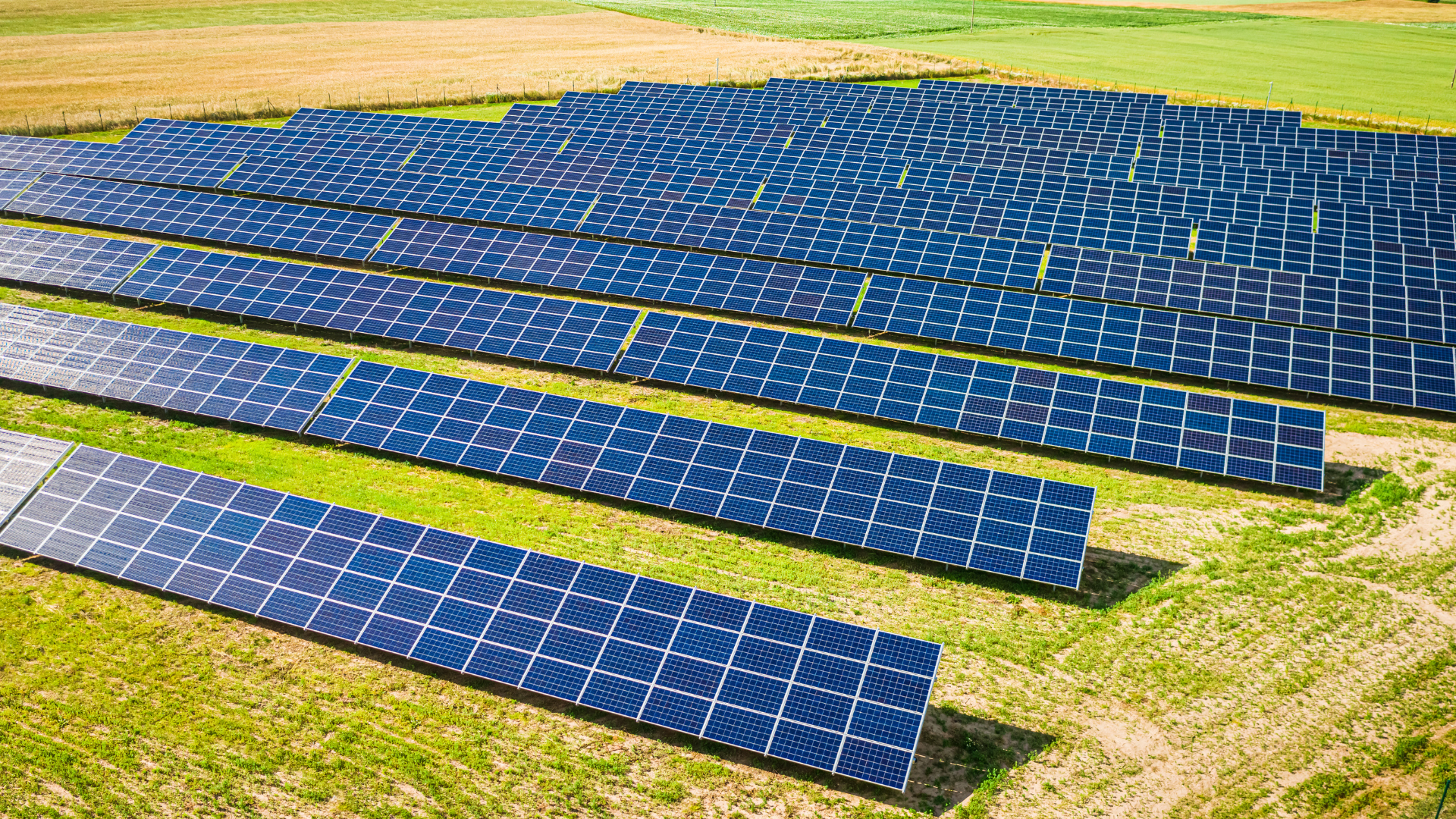In recent years, there has been growing interest in renewable energy sources as a means to combat climate change and reduce dependence on fossil fuels. One of the innovative solutions that has gained significant attention is community solar. Community solar projects allow individuals and businesses to benefit from solar energy even if they are unable to install solar panels on their own properties. This article aims to explore how community solar works and highlight its numerous benefits for communities, the environment, and the economy.
- What is Community Solar?: Community solar, also known as solar gardens or shared solar, refers to solar energy systems that are collectively owned and operated by a group of individuals or businesses within a community. These solar installations can be located on a range of sites, such as rooftops, open fields, or parking lots, and are designed to generate electricity that is shared among the participants.
- How does Community Solar Work? The process of community solar involves several key steps:
- Project Development: Community solar projects begin with the identification of suitable sites and the development of solar installations. This includes securing permits, conducting feasibility studies, and designing the system to maximize solar energy production.
- Subscription Model: Once the solar installation is operational, community members have the opportunity to subscribe to the project. Subscribers typically sign up for a portion of the solar energy generated, which is then credited to their electricity bills. The subscription model allows participants to support renewable energy and receive financial benefits without needing install solar panels on their own properties.
- Virtual Net Metering: Through virtual net metering, the electricity generated by the community solar project is allocated among the subscribers based on their subscribed capacity. Each subscriber receives credits on their electricity bill proportional to the amount of solar energy produced by their share of the project. This arrangement ensures that subscribers receive the economic benefits of solar energy without physically connecting to their properties to the solar installation.
- Cost Savings and Revenue Generation: By participating in a community solar project, subscribers can save on their electricity bills by reducing their reliance on traditional fossil fuel-based energy sources. Additionally, if the community solar project generates excess electricity, it can be sold back to their grid, resulting in potential revenue generation for the community.
3. Benefits of Community Solar: Community solar offers several significant benefits:
- Accessibility and Inclusivity: Community solar provides access to solar energy for individuals and businesses who may not have the resources, suitable rooftops, or ownership of properties necessary to install solar panels. It allows renters, low-income households, and those with shaded or unsuitable roofs to participate in the clean energy revolution.
- Environmental Impact: Community solar plays a crucial role in reducing greenhouse gas emissions and combatting climate change. By displacing electricity generated from fuel sources, community solar projects contribute to a cleaner and more sustainable energy mix.
- Local Economic Development: Community solar projects can drive economic growth within communities. The development and construction phases create jobs, while ongoing operations require maintenance, management, and administrative roles. Furthermore, community solar projects can attract investment and stimulate the local economy.
- Energy Resilience: Disturbed solar energy systems, such as community solar, enhance the resilience of the electric grid. By generating electricity close to the point of consumption, community solar reduces transmission losses and the risk of power outages during extreme weather events.
- Education and Awareness: Community solar projects serve as educational platforms, raising awareness about renewable energy and its benefits. They provide opportunities for community members to learn about solar technology, energy conservation, and sustainable living practices.
Community solar represents and exciting and inclusive approach to renewable energy adoption. By pooling resources, individuals and businesses can access the benefits.






